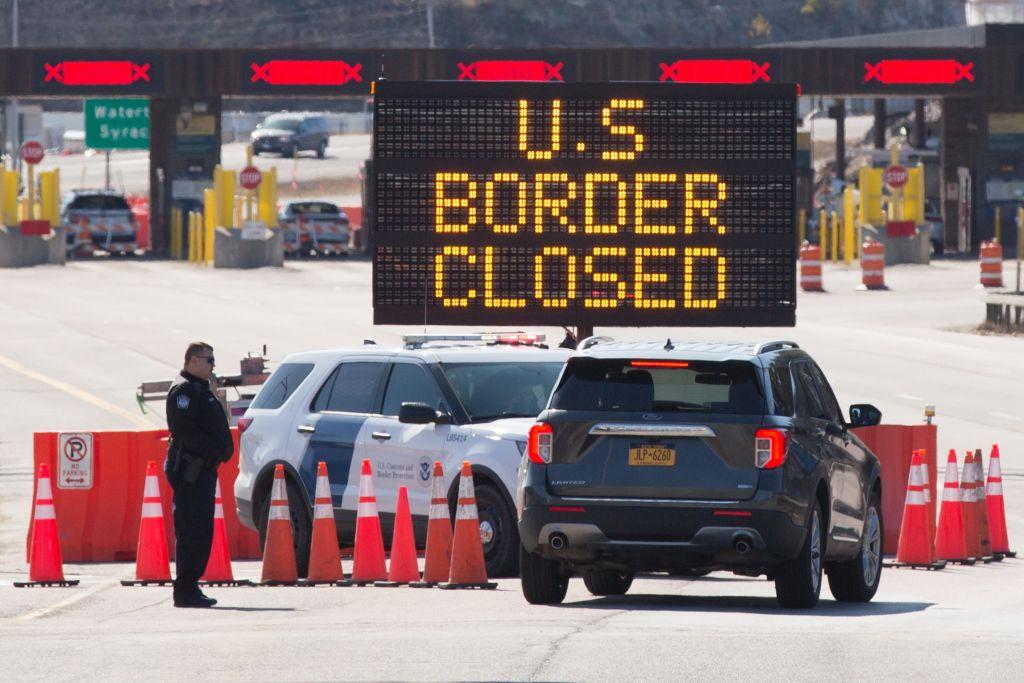The Department of Homeland Security (DHS) is extending the COVID-19-related restrictions on nonessential travel between the United States, Mexico, and Canada until July 21.
“To reduce the spread of [COVID-19], the United States is extending restrictions on non-essential travel at our land and ferry crossings with Canada and Mexico through July 21, while ensuring access for essential trade & travel,” the department wrote on Twitter on June 20.





